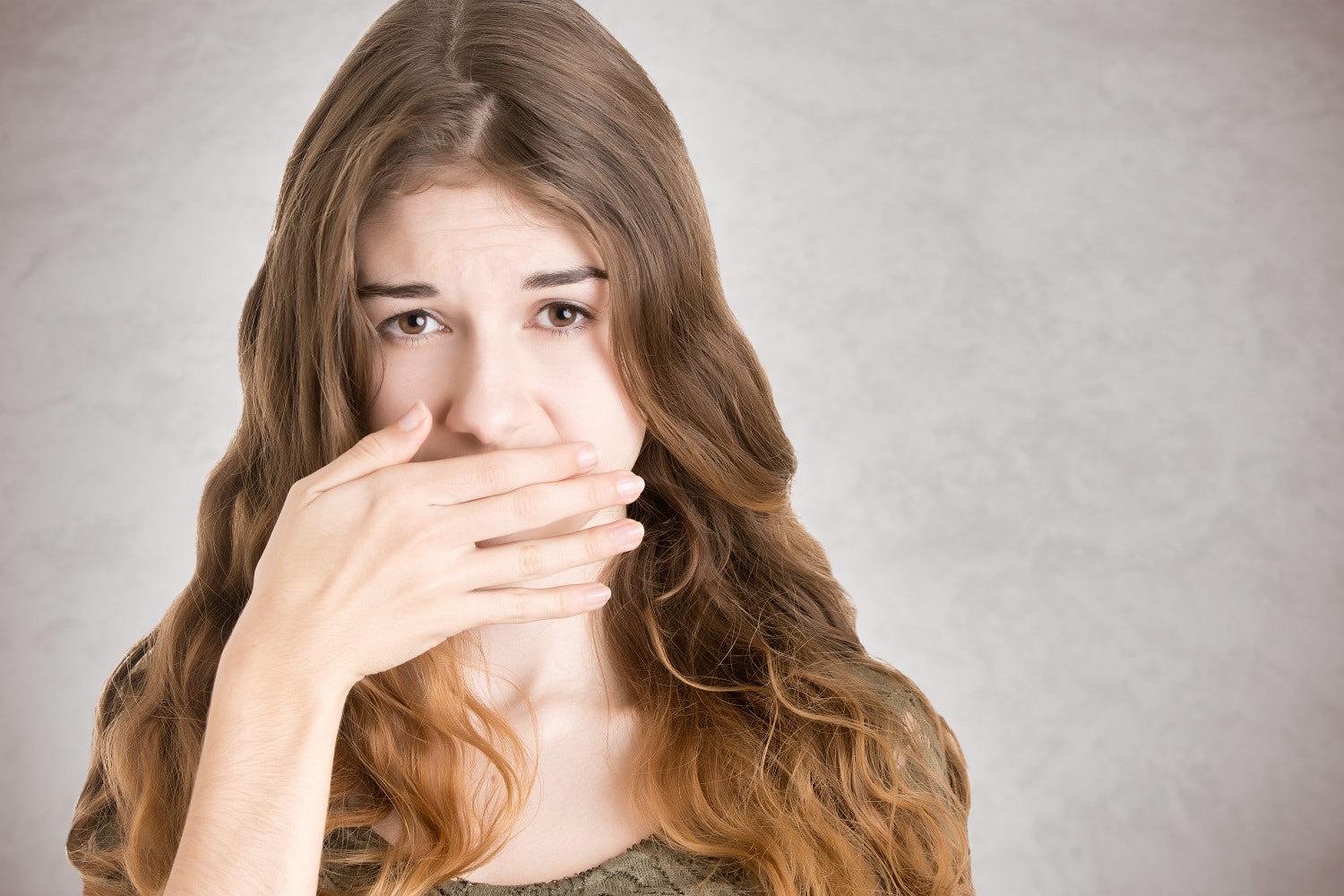Your oral health and comfort is a critical component of your overall health and comfort. This is why it is so important for you to take the time to develop and maintain good oral hygiene habits, including daily brushing and flossing and twice yearly dental examinations and cleanings. However, even rigorous oral hygiene habits and preventative care may not protect you against all possible oral health issues. Therefore, when your oral health is in trouble it is important to recognize the signs and take action immediately. In many cases, the issue can be resolved far more easily if caught and addressed early on.
Signs to Look For
You may believe that if your mouth, teeth, gums and other oral tissues feel and look good, they must be healthy. While this can often be the case, there are also times when oral health issues can remain largely undetected for some time. Fortunately, even then there are some basic signs of poor oral health that you can watch out for, such as:
- Chronic bad breath. Unfortunately, it can be difficult for you to detect your own chronic bad breath, especially since you may feel that you have bad breath when you don’t and you may not feel you have bad breath when you do. It is therefore usually others around you who confirm whether you actually do have bad breath. That said, you may notice that you have a bad taste in your mouth that persists even when you brush your teeth, or that you have an excessively dry mouth. The cause for this bad breath could be gum disease, certain foods, excessive drinking, smoking, medication or a health condition. The solution could be as simple as a thorough dental cleaning or as complex as restorative dental care, but either way it is very important that you check in with your dentist to confirm the cause of and solution for your chronic bad breath.
- Chronic bleeding gums. Though it can occasionally happen that your gums will bleed in certain situations, chronic bleeding gums is not a normal or natural occurrence that should be ignored. Irritated gums will bleed when teeth are brushed or flossed, and sometimes even when you are chewing your food, and this is a sign that something is amiss. The cause for bleeding gums can be overly aggressive brushing, hormonal changes during pregnancy, improper flossing, infection of the teeth or gums, inadequate brushing or flossing, or vitamin K deficiency. If left unhandled, chronic bleeding gums can lead to gingivitis or periodontitis. For this and many other reasons, you should definitely contact your dentist when you are experiencing chronic bleeding gums.
- Dry mouth. This can be a difficult condition to detect if an individual has been dealing with it for a long time. However, it is actually a serious condition because it means that there is insufficient saliva production. Saliva contains many important germ-fighting elements that are vital to good oral health, so a reduction in or lack of oral saliva is cause for concern as it can lead to gingivitis, tooth decay, infections and more. Dry mouth can be caused by medications and medical treatments, infections, nerve damage, dehydration or smoking. If one is suffering from dry mouth, they may have dry or cracked lips, bad breath, a sticky or dry feeling in the mouth, sores in the mouth or a dry or rough tongue. While drinking more water, drinking less coffee, and chewing sugar-free gum can help with this condition, it’s still important to visit your dentist. They will help make sure there isn’t a bigger underlying issue that needs to be addressed and resolved.
- Loose teeth. Once you have lost all your primary teeth and established all your permanent teeth, you should not experience loose teeth. This condition can be caused by gum disease, trauma or something else. You may notice that you have inflamed or red gums, irritation or itchiness around your teeth and movement in permanent teeth. In this case, do not touch or push on the tooth, avoid using it to bite or chew, avoid brushing or flossing it, and contact your dentist as soon as possible.
- Tooth sensitivity. As your teeth age, you can begin to lose the protective enamel covering and experience uncomfortable tooth sensitivity as a result. This enamel loss and sensitivity can also be caused by inadequate minerals in the system or poor dental hygiene. You may feel that your teeth are yellowing, your gums are receding, you have difficulty eating or drinking hot or cold foods and drinks and more. Avoid extremely hot or cold foods, consider using a toothpaste for sensitive teeth, and contact your dentist.
Regardless of what you are experiencing with your oral health, the best advice is to check with your dentist whenever you notice anything unusual occuring, as it may be a sign that your oral health is in trouble.
For more information about protecting your oral health, contact Dr. Saferin and Avenue Dental Arts today.


